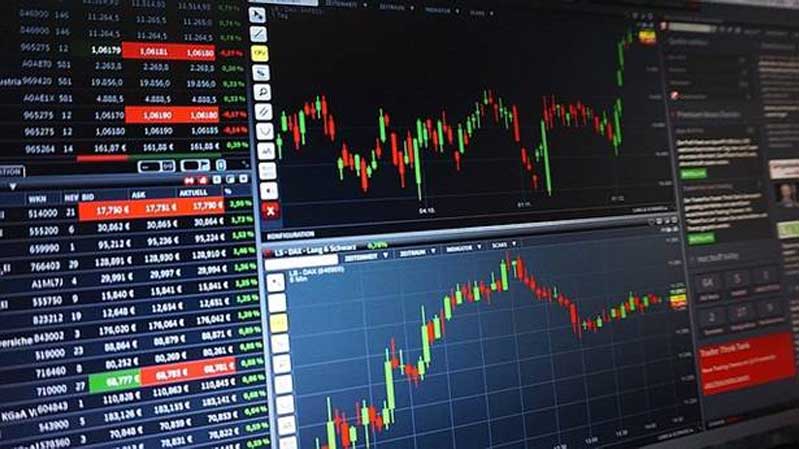
What Does India Gain From A Prolonged US-China Trade War?
The US and China are currently locked in a conflict over tariffs and trade. Relations are at their worst since 1979. Both economies have been weighed down by this conflict, China perhaps more so. As it continues, what impact has it had on the Indian economy, and has it directly affected the value of the Rupee?
The US-China trade war: Where are we?
China’s latest economic figures suggest the last quarter of 2018 was the worst in terms of growth since 2008. That their economic slowdown is only now beginning to show is a testament to China's resilient economy and the sheer length of the standoff between President Xi Jinping and Donald Trump. For its part, China has listened to those at the G20 summit in Buenos Aires in November and announced tariff cuts to over 700 goods while removing duty on US cars and even buying US crude oil and soybeans too.
Meanwhile, the US continues to pressure Beijing, and while President Xi considers further concessions to please the long list of US demands, China remains concerned that Trump may add to them, using the Huawei scandal to support it.
The BSE, SENSEX, Rupee, and Asian markets react to the negotiations
On the whole, investors in India are nervous regarding the US-China negotiations. With no real conclusive end to the trade war, share prices on the Bombay Stock Exchange (BSE) remained lower than expected, and there were signs of weakness in global equities.
Uncertainty in the stock market makes equities and forex trading more attractive for traders on the Indian subcontinent. There are a large number of currency deals traded daily, which gives the forex market exceptionally high liquidity. By far the most popular currency pairing for the Rupee is the US dollar. The rupee has been trading higher against the dollar - hovering around 71 Rs to the dollar after reaching its strongest mark of 63 Rs at the start of last year. Much of this has been because of rising uncertainty regarding the dispute as China is still India’s biggest trading partner.
Even after the latest round of talks, there still isn’t an end. While China has already instigated remedial structures to stimulate internal growth, Japanese markets have fallen, indicating a reduction in their trade of electrical components to China; meanwhile, Indian stocks haven’t managed to rally either. Earlier in January, the SENSEX and Nifty rose strongly, both gaining 0.5% as hopes of a breakthrough in the talks persisted. The same happened elsewhere too, with Hang Seng rising 0.5% and other Asian markets reacting positively.
Can India benefit from a re-balance of trade between China and the US?
It might be odd to discuss who might be winning because when the two biggest economies in the world go nose-to-nose there are so many others losing out. If the US-China trade war were to continue, then India might become an obvious relocation destination for companies looking to exit US tariffs in China. As nearly half of all Chinese merchandise relies on being exported, it isn’t beyond reason to suggest that this foreign investment may look elsewhere.

Yet at its worst, the trade dispute provides numerous hazards for countries like India. If China decides not to play ball with the American trade demands, there is every chance the dispute will progress. Ultimately, this raises fears that the two economies will split completely into two separate factions, one aligned with Chinese interests and one with the US.
It is unlikely to happen though; a more probable outcome will involve additional concessions from China that go just so far to please the US without undertaking the kind of reforms that the US would like to see. For example, they may refuse to make some changes and hope increased oil and soybean purchases placate the US.
But questions persist as to whether trade is really at the heart of this conflict. On the one hand, there’s tension about how the two societies should be organised, and on the other, there's the rising tension on the growing technological and cyber transfer, with the Huawei scandal at the heart of it. Meanwhile, countries like India are heavily affected by this dispute and feel the economic effects of a drop in trade with China and a drop in currency value that relies on the same large investment from China’s huge manufacturing spend.
Support Our Journalism
We cannot do without you.. your contribution supports unbiased journalism
IBNS is not driven by any ism- not wokeism, not racism, not skewed secularism, not hyper right-wing or left liberal ideals, nor by any hardline religious beliefs or hyper nationalism. We want to serve you good old objective news, as they are. We do not judge or preach. We let people decide for themselves. We only try to present factual and well-sourced news.







